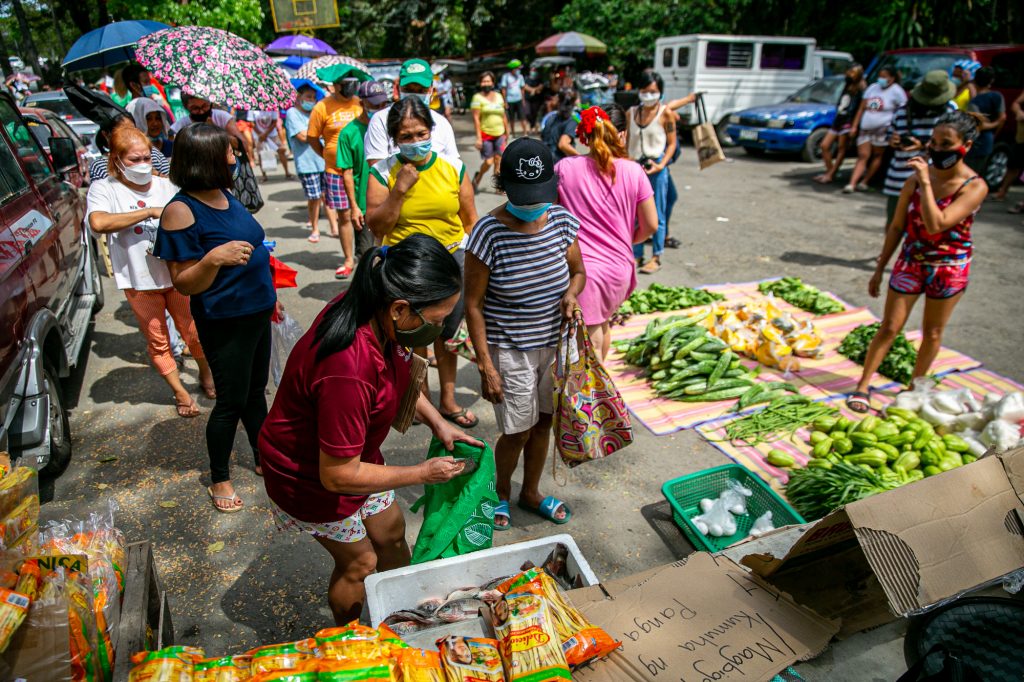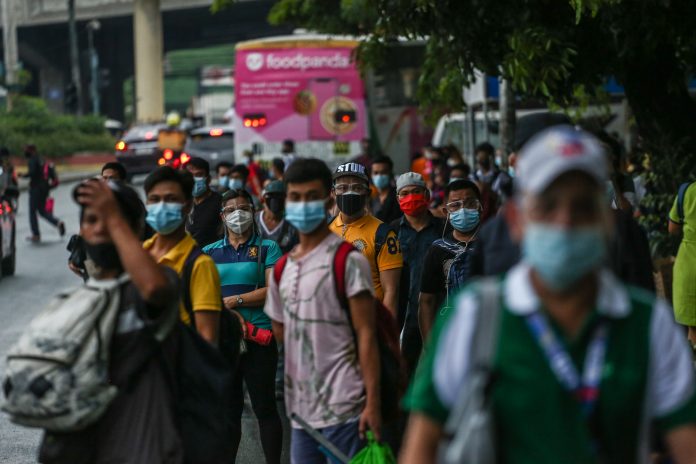The COVID-19 pandemic changed our world in many ways. While we were forced to stay inside our homes for months, it made us also realize that the “normal” we used to know was too flawed.
It has been two years since the onset of the pandemic. Most of the Philippines is beginning to see lower daily cases compared to the previous year, with restrictions on travel, leisure, in-person gatherings, and other functions being slowly eased up.
In many ways, our society has adjusted to the so-called “new normal.” The question is, “How did the new normal make our lives better? Or did it?”
For better
The pandemic is arguably the primary reason for the bicycle culture to become truly popular in the Philippines. The restrictions in public transport due to the lockdowns forced the government to finally start building more bicycle lanes and other infrastructures after years of lobbying from advocates of inclusive transport.
As of last year, a 500-kilometer lane network was finished in urban areas for cyclists to use, with more Filipinos taking up cycling after the lanes were built.
The pandemic also made Filipinos more reliant on digital technologies and social media. Unable to have face-to-face interactions, we spent more time on our phones, computers, and other devices for communication with families and friends, for working from home, and as a source of information.
There were 16 million new social media users in the Philippines last year, a 22 percent increase compared to the year before.
The past two years also saw higher awareness to the importance of mental health, with many Filipinos experiencing them first-hand.
Mental health issues cost the Philippines 0.4 percent of its economic productivity last year alone, yet only five percent of the budget for the Department of Health is allotted for it. Many calls have been made from different sectors to place more accessible mechanisms to address the problem.
Many advocates have also hoped for the pandemic to be a catalyst for momentous climate and environmental action. But the pandemic was not enough to slow down emissions of greenhouse gases, with global warming potentially reaching 1.5 degrees Celsius within the next two decades.
With many parallels to be drawn between the impacts and strategies to address the climate crisis and the pandemic, the concept of green recovery emerged to be a springboard to implement solutions to reduce pollution and attain sustainable development.

Or worse
Two years into the pandemic, it has become apparent that the promise of building a better normal would be another broken promise.
The pandemic is another example of how marginalized communities, the most vulnerable to large-scale crisis, experienced the worst of COVID-19’s impacts. Economic recovery was intended to lay the groundwork for more inclusive development, such as jobs creation, adequate income, and sustainability that would reach the low-income sector.
Instead, the gap between the rich and the poor widened even more in the Philippines, following the global trend. While the wealth of the 50 richest went up by 30% in 2021, more than 80% of Filipino households experienced financial decline and difficulty, a reality that is made worse by price hikes and higher expenses.
The numbers may indicate that the country is in the midst of recovery from the pandemic, but as long as the poorest do not feel its benefits either in the short or long-term, creating a better normal would be impossible.
Speaking of a better normal, new commitments to solve the climate crisis have not lived up to what was needed. As it stands, the pledges of governments and businesses to reduce pollution and vulnerabilities of communities to climate-related hazards, which were made at the 2021 UN climate conference (COP26), can still lead to a 2.4-degree warmer world.
Despite the best efforts of many individuals and organizations, the imperative for popularizing the green agenda in the Philippines is still not fulfilled. The lack of questions related to climate change in recent debates among candidates for the national elections is an indicator of the problem.
It is a must for the next administration to rectify this lack of prioritization, through words and actions.
It is also disappointing that the pandemic has not driven a transformative shift of Filipino culture to avoid the same normal that we were used to. They say a crisis reveals or amplifies one’s true characteristics.
Many Filipinos still refuse to follow safety protocols, such as social distancing and the wearing of face masks. Some have looked at the pandemic not as a sign for positive change, but rather a test to be passed as they await for someone to restore everything back to normal. Others have even actively promoted misinformation and used the pandemic as an excuse to press for false solutions.
On the other hand, we saw individuals and groups initiate community pantries to directly assist their neighbors. There are also many Filipinos who are working hard to advocate for a more sustainable approach to development, from having mini-gardens in their homes to representing the nation in global policymaking discussions.
Given all these, it is safe to say that the “new normal” cause by the pandemic is no different at all from the old one. It rather made us realize just how much more work needs to be done for us to achieve the future we want, and transition away from the grips of the flawed old norms.
John Leo is Deputy Executive Director for Programs and Campaigns of Living Laudato Si’ Philippines. He has been a climate and environment journalist since 2016.









